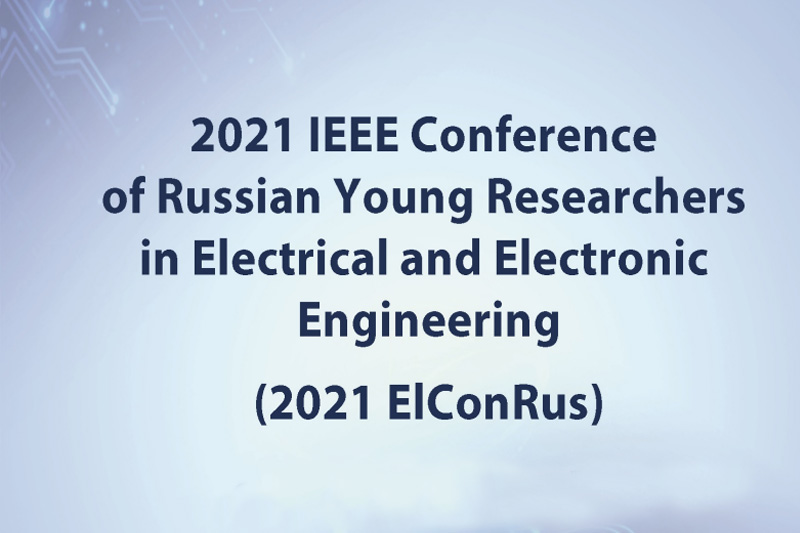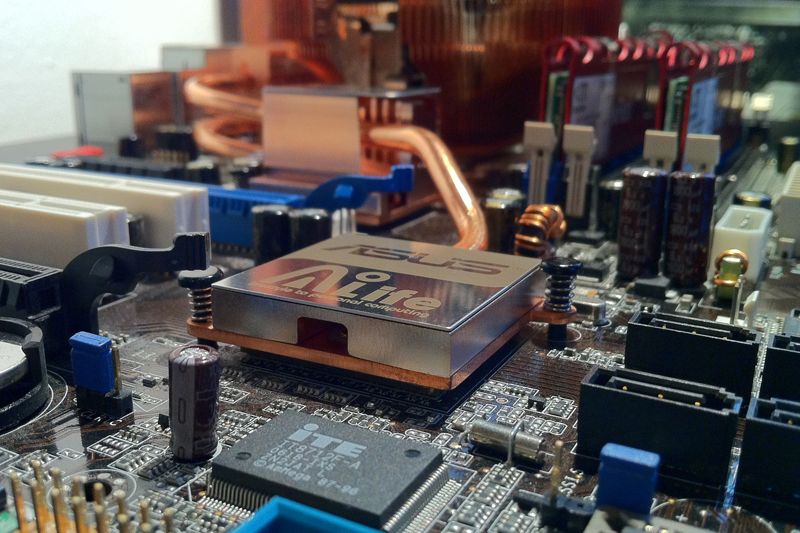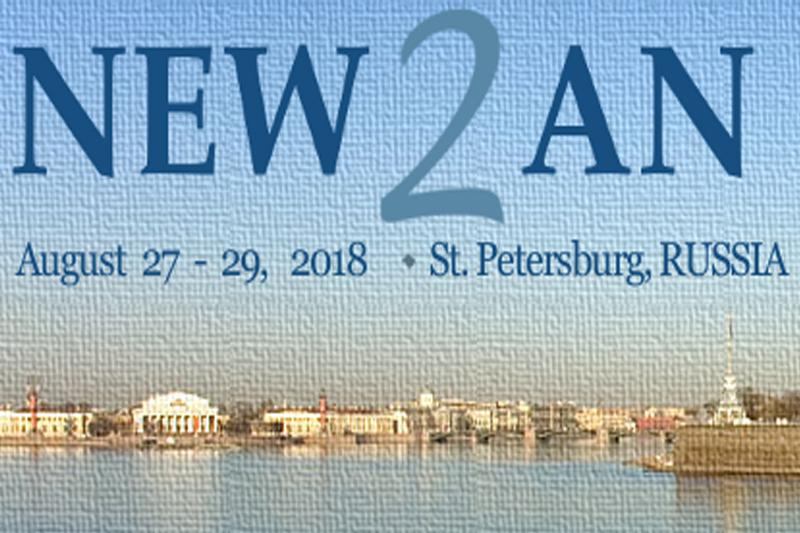Conferences

Tracks:
- Communication. Networking & Broadcasting
- Components, Circuits, Devices & Systems
- Computing & Processing (Hardware/Software). Information Security
- Electrical Engineering, Automation & Control Systems
- Micro and Nano Electronics
- Engineering Materials, Dielectrics & Plasmas
- Fields, Waves & Electromagnetics
- Photonics & Electro-Optics
- Power, Energy & Industry Applications
- Signal Processing & Analysis
- Biomedical and Environmental Engineering
- Management and Innovations in Electrical and Electronic Industry.

2021 IEEE International Conference on Electrical Engineering and Photonics (EExPolytech-2021) is a conference that aims to bring together specialists in Electrical Engineering and Photonics. The topics cover diverse applications in technology fields such as imaging, communication, sensing, and instrumentation, as well as the sciences such as biology and medicine, chemistry and fundamental physics. The conference is designed for researchers to report on the latest findings on Electrical Engineering and Photonics and stimulate scientific exchange among researchers and engineers from industry and academia.

Next-generation mobile networks will evolve out of existing wired and wireless networks of different nature by means of convergence, fusion and mutual penetration; next-generation multimedia services in turn pose new requirements and challenges on treatment of traffic within communication systems — a certain degree of multilayer co-operation has to be achieved. This forms a framework on harmonization of results obtained separately in different areas of network research like network performance evaluation, architecture and protocol design, and low layer network design.

